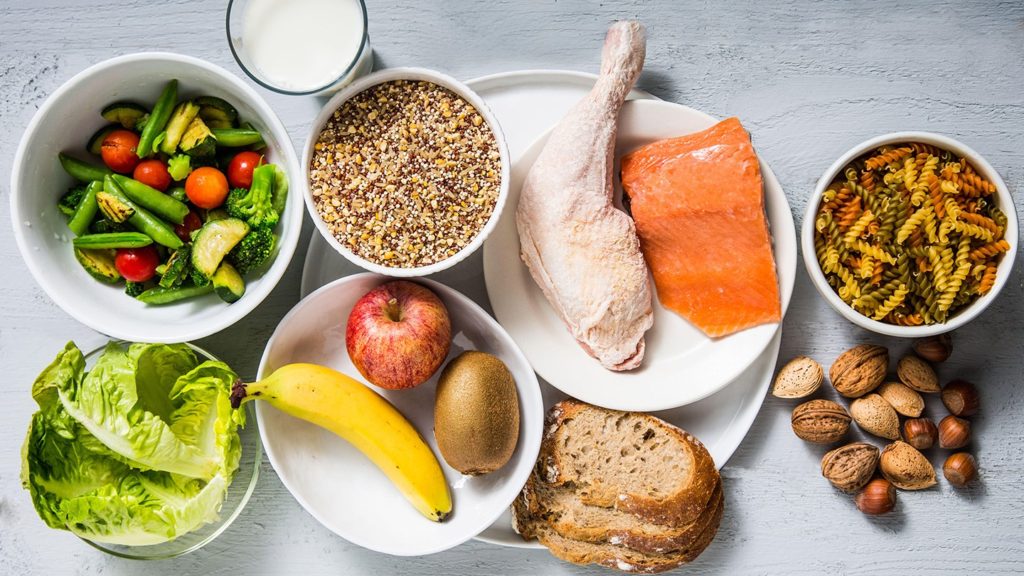Potassium is a mineral essential for the entire health of our body: its ions are essential for the right nerve transmission and the effectiveness of muscle contractility. The balanced concentration of potassium in the blood also serves to ensure the proper supply of nutrients to the cells, as well as to promote the elimination of toxic substances.
Also, follow a balanced diet, which requires the intake of a quantity of potassium higher than sodium, encourages the process of elimination of the latter and maintaining pressure within the limits. This is also confirmed by the update, at the beginning of 2013, of the guidelines of the World Health Organization (WHO): according to official indications, adults should take less than 2g of sodium and at least 3.5g of potassium every day. The recommended values are the result of studies on the general population: these limits have shown to be effective in reducing the risk of developing hypertension and, according to the WHO Department of Nutrition and Health, stroke and heart attack.
The limit in potassium and sodium intake will be different for those who practice a lot of sport, not necessarily at a competitive level: perspiration causes loss of minerals, so it is important to think of a hydro-saline supplement after physical activity.
So, as we may have noticed, potassium is fundamental to stay healthy.. but…how could we insert potassium into our life? Let’s see then what foods have potassium.
The only source of potassium for our body is the diet and the major source of elimination of this microelement is the kidney: in other words, the mineral is continuously excreted in urine. Every day a healthy adult person loses about 2g of potassium: if the intake with the diet is sufficient, that is, settles at around 4-5g per day, the mechanisms of renal saving are not triggered.
Potassium is a mineral salt present in a more or less elevated concentration in practically all foods and beverages, including natural water. In general, generally the contribution to the general diet is not considered much, but the proper relationship with sodium. For this reason, it is essential not only to know which foods are rich in potassium but also those that have a favorable relationship between the two microelements.
Fresh fruits and vegetables are rich in potassium and really low in sodium, among all these are the best choices:
- bananas, apricots, citrus fruits, figs, prunes, grapes, kiwis;
- tomatoes, green leafy vegetables, asparagus, broccoli, artichokes, cabbage, spinach, endive, rocket, lettuce, potatoes;
- soy and legumes;
- fish;
- Whole grains;
- chicken meat;
- nuts such as pistachios, almonds, peanuts, walnuts, and hazelnuts.
Three portions of fruit and two of vegetables per day are sufficient to ensure the right amount of this mineral. Regarding the cooking process, it should be noted that only the boiling can reduce the amount of potassium in a food.
A healthy diet is made up of many nuances: choosing foods rich in potassium and then consuming many pre-packaged foods rich in sodium – such as sausages, olives, other vegetables in brine and chips – would be a useless paradox so, try to keep things healthy and consider it as your chance to prevent disease and to live your best life yet!
